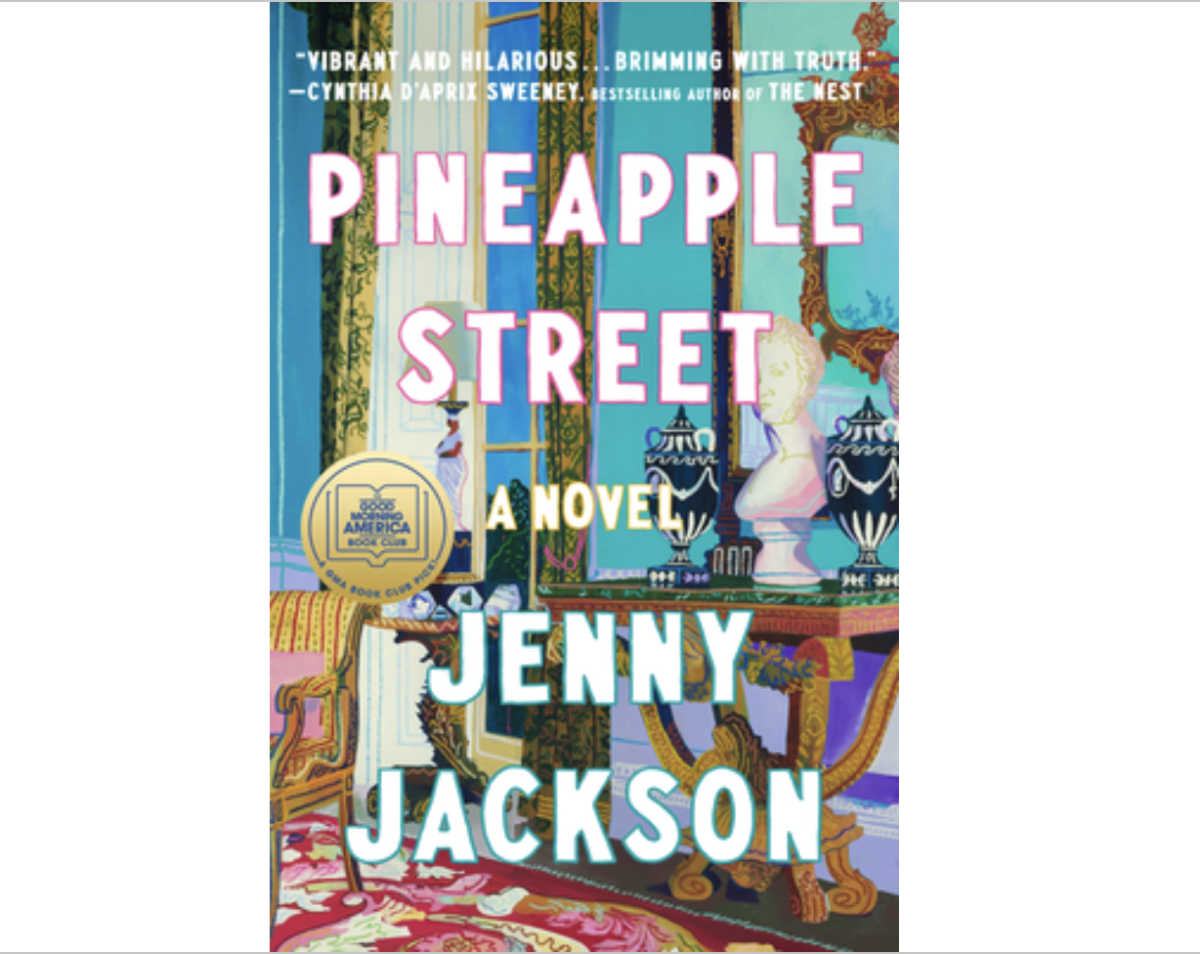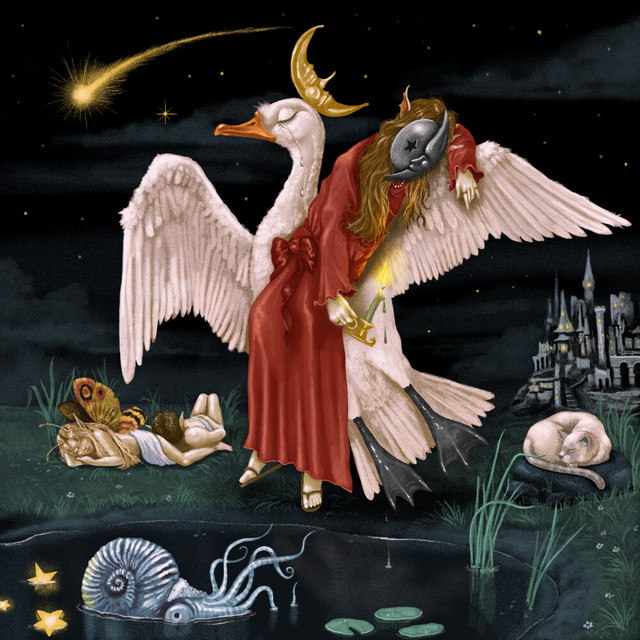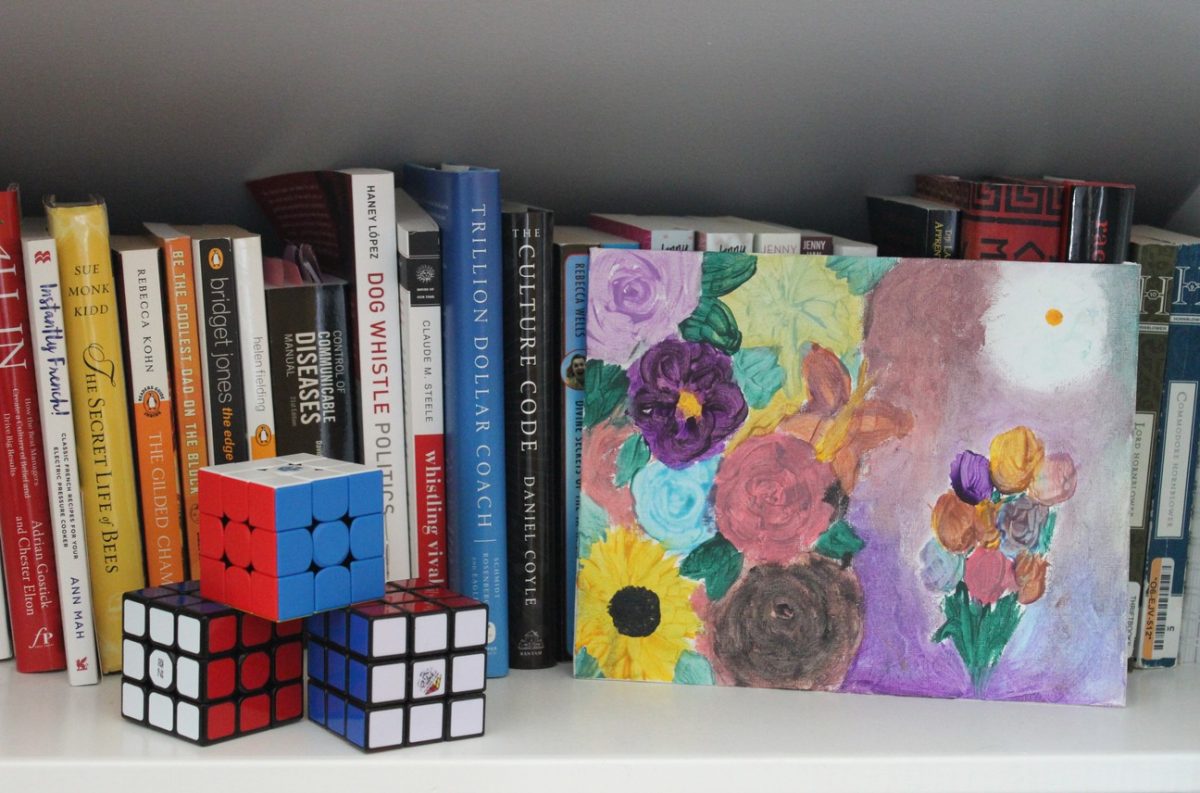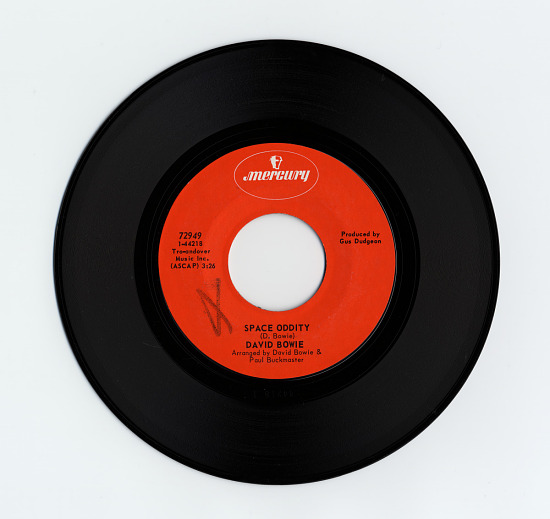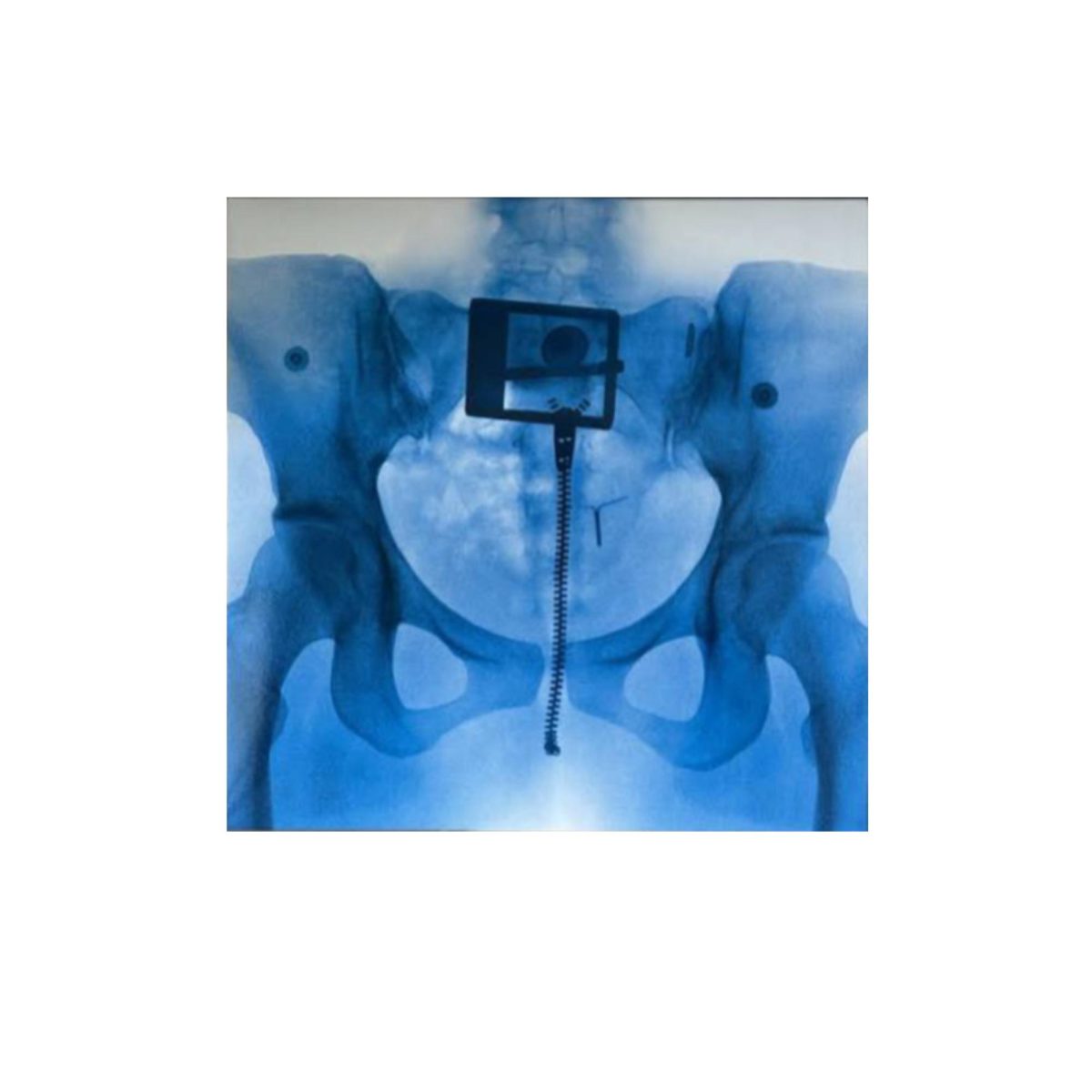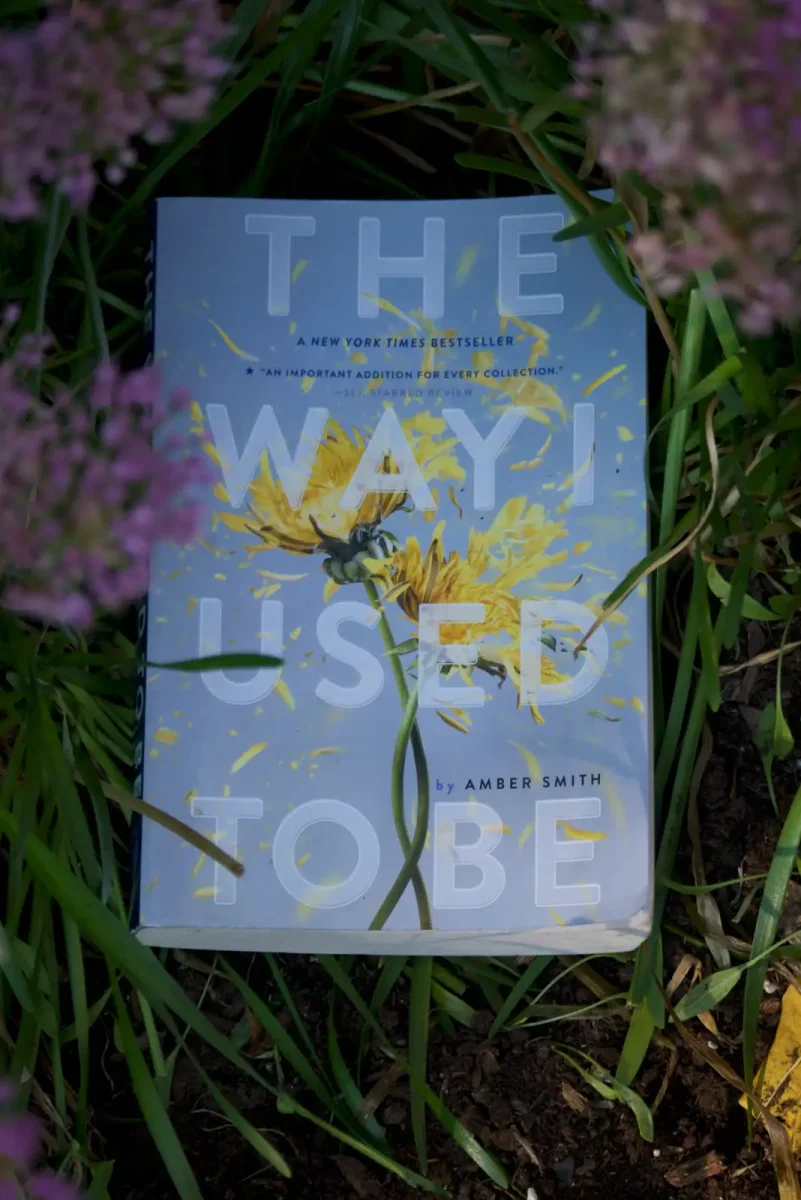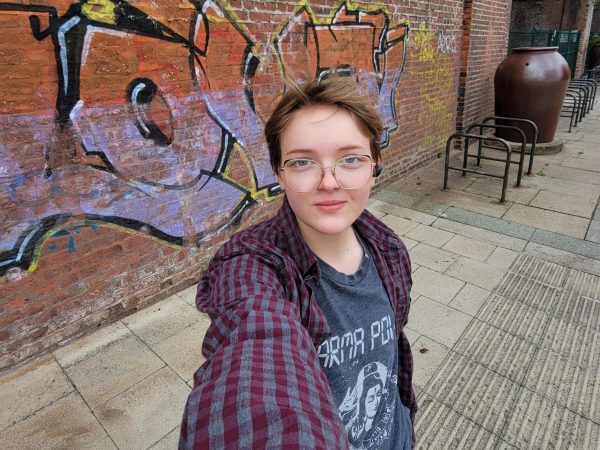“Beetlejuice” is a beloved classic from 1988, known for its unconventional humor, gothic charm and offbeat characters. Directed by Tim Burton, the film revolves around a recently deceased couple who enlist the help of a chaotic and obnoxious ghost, Beetlejuice, to scare away the new living occupants of their home. It became an instant hit, grossing nearly 75 million worldwide on a 15 million dollar budget, according to IMDB.
Fast forward to 2024, when Hollywood’s trend of legacy sequels finds its way to “Beetlejuice,” bringing back a portion of the original cast for an adventure in the afterlife. Tim Keaton and Wiona Ryder return to their roles as Beetlejuice and Lydia Deetz with Catherine O’Hara as Delia Deetz, Lydia’s step-mother. With the death of Lydia’s father and the reawakening of Beetlejuice’s soul-sucking lover, the ghost sees this as the perfect opportunity to worm his way back into Lydia’s life and wreak more havoc on her family.
“Beetlejuice Beetlejuice” is a film that feels like a ride through Tim Burton’s imagination. Burton’s gothic and macabre style is front and center, and Michael Keaton’s iconic return as Beetlejuice brings back the same chaotic energy that made the original memorable. His performance is the highlight of the film, and you can tell he is enjoying slipping back into his bug-covered suit. Winona Ryder also returns as Lydia, still brooding and older, and their dynamic remains entertaining as in the first film. Additionally, Jenna Ortega stars as Lydia’s daughter, Astrid, whose experiences in the second film mirror those of her mother in the first.
But while the film is visually appealing, with Burton’s trademark use of eccentric set design and bizarre creatures, it lacks the emotional depth or a clear reason to exist. The sequel does not add to the original story, instead opting for nostalgic callbacks that, while fun, feel shallow. Moments meant to tug at the audience’s memory don’t serve the new plot, instead functioning as reminders of what worked better in the first film.
Catherine O’Hara is another bright spot in the sequel, returning to her role as Delia Deetz. Her character’s flamboyant nature is similar to her performance as Moira Rose in the Canadian television sitcom “Schitts Creek,” and it provides comic relief. Her scenes have an infectious energy that was able to lighten the film’s darker moments. However, the film hints at a deeper emotional connection between Delia and Lydia but never fully develops it.
The story itself feels meandering, as it juggles multiple subplots revolving around Beetlejuice’s ex-wife, Astrid’s father and Lydia’s tumultuous romantic relationship—without ever fully committing to any. As a legacy sequel, “Beetlejuice Beetlejuice” struggles to justify its own existence.
In the end, “Beetlejuice Beetlejuice” offers plenty of nostalgia but little else. While it is fun to see familiar faces and Tim Burton’s signature weirdness, the film feels more like a tribute to the original than a fully realized sequel. Michael Keaton and Catherine O’Hara shine, but the scattered plot and reliance on callbacks leave the movie feeling hollow. For die-hard fans of the 1998 classic, it’s a trip down memory lane, but for others, it may lack the spark needed to stand on its own.




